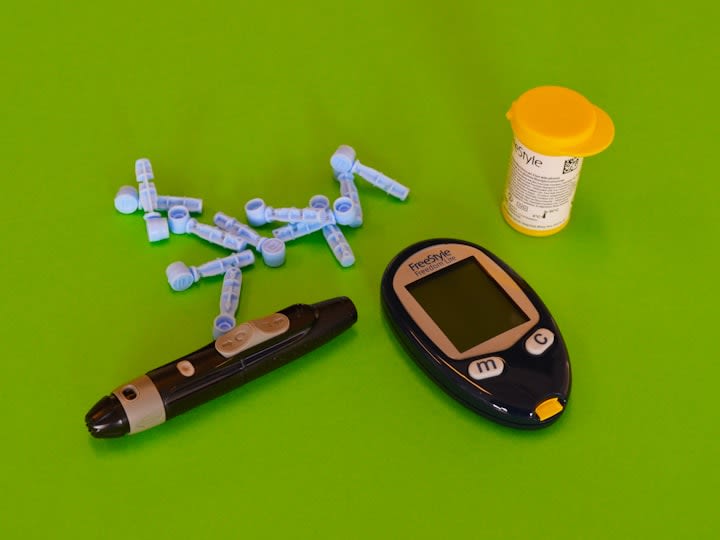How Dehydration Affects People With Type 2 Diabetes
It Damages Heart, Brain, Kidneys, Muscles

It is medically known that inadequate water intake makes blood sugar control difficult.
Consequently, hydration should be a priority in type 2 diabetes management.
Not only do we feel sluggish when we don’t get enough water, but the body isn’t able to pump enough blood to the heart, brain, kidneys, and muscles, says Robert Rizza, MD, professor of medicine at Mayo College of Medicine in Minnesota, USA: our organs don’t run well, he says.

There’s evidence that even mild dehydration disturbes blood vessel function and blood pressure regulation, even in healthy people.
For people with type 2 diabetes, dehydration can be very dangerous because it causes blood pressure to fall and pushes the body to secrete stress hormones, which may raise blood sugar, Rizza explains.
When you have high blood sugar, you will often need to go to the bathroom more, contributing to further dehydration and a vicious cycle. In one study, researchers looked at a small sample of men who took an oral glucose tolerance test at various hydration levels.
They found that for people with type 2 diabetes, going only three days with subpar water intake (0.5 to 1 liter per day) impaired blood sugar response. The effect was an increased level of the stress hormone cortisol, which prompts the release of glucose.
People who consumed an amount in line with the recommendations for water intake — around 3 liters — had better blood sugar control. More research on the effects of chronic dehydration on these metabolic measures is needed. But people with diabetes, National Academy of Sciences, recommends 2.7 liters per day for women and 3.75 liters per day for men, with some of that coming from water-rich foods like fruits and vegetables.
Not much research has looked at whether chronic dehydration — and the associated higher blood sugar — increases the risk of prediabetes and full-blown type 2 diabetes.
But there may be a connection. Indeed, according to a study that monitored healthy adults over nine years, people who reported drinking less than half a liter of water per day were more at risk of elevated blood sugar than people who reported more than 1 liter.
Scientists theorize that dehydration can lead to an increase in the hormone, which prompts the kidneys to retain water and the liver to produce blood sugar, potentially affecting the body’s ability to regulate insulin over time. It is believed that hydration keeps blood glucose levels a little more stable.
Even if scientists are still wondering about exactly how dehydration affects people with type 2 diabetes, staying hydrated is clearly important for good health. So how can you make sure you’re getting enough water to manage diabetes?
Rizza offers the following tips.
Have some salt — but not too much. Too much salt can be bad for blood pressure, Rizza says, but you do need some to maintain proper hydration. When you eat salt, you help stabilize your electrolytes, which are charged substances that regulate essential functions in your body, helping you stay hydrated.
If you already have high blood pressure, check your blood glucose levels in extreme heat, and drink water if they are elevated. When it’s hot, it’s easier to become dehydrated, according to Johns Hopkins Medicine.
Staying well hydrated can help reduce your blood glucose levels, which helps you manage the hormone insulin. Reach for hydrating snacks if you’re hungry.
For example, choose a cold piece of melon or a few frozen grapes. Drinking a glass of water isn’t the only way to get your fix. Above all, pay attention to your thirst signals.
Please ensure that if you’re well hydrated, you will better manage type 2 diabetes. Researcher Simos says. “If you’re already dehydrated, you’re going to be prone to having high blood sugar because you don’t have as much fluid running around in your blood to hydrate and keep that equilibrium with glucose molecules.” She stresses this very fact to her own patients. “I want to keep them hydrated because it keeps their blood glucose levels a little more stable,” she says.
About the Creator
Enjoyed the story? Support the Creator.
Subscribe for free to receive all their stories in your feed. You could also pledge your support or give them a one-off tip, letting them know you appreciate their work.





Comments
There are no comments for this story
Be the first to respond and start the conversation.